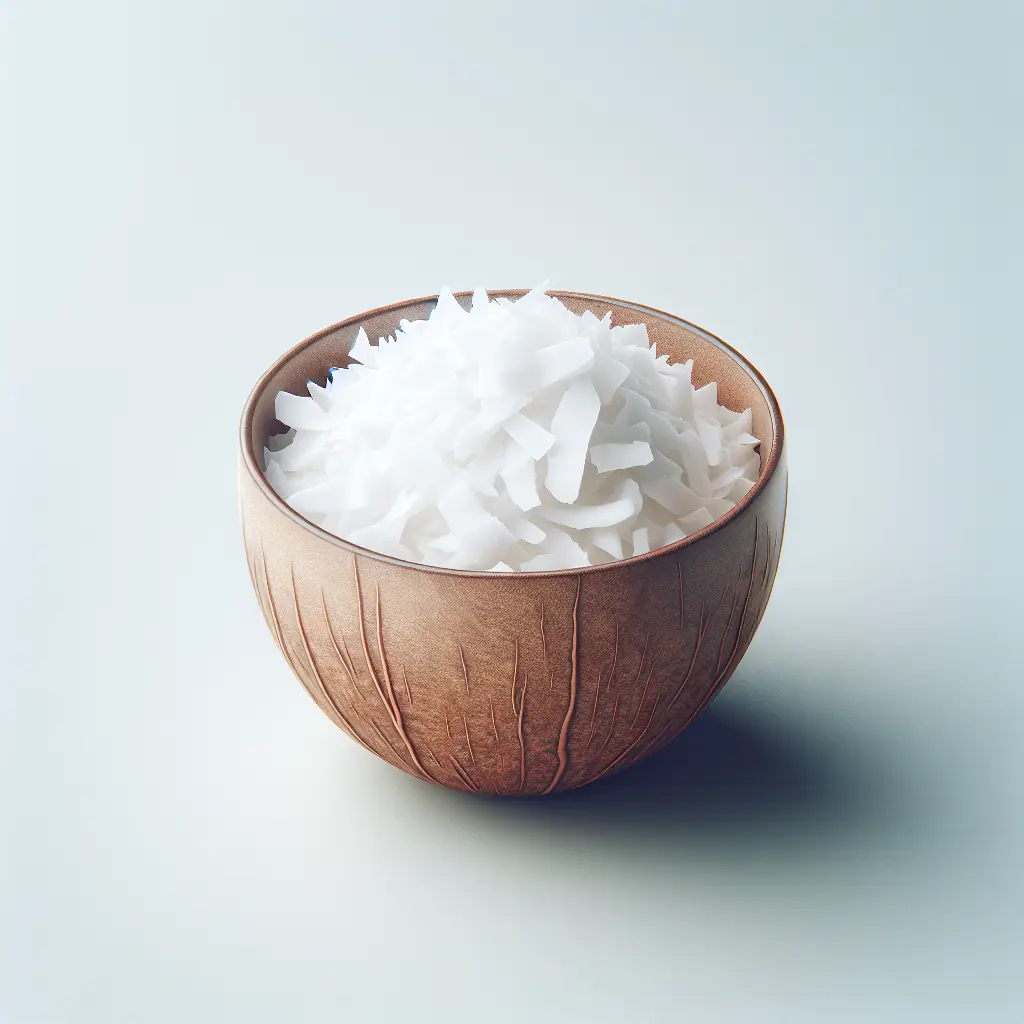The Enchanting Flavors of Coconut
Coconut boasts a captivating flavor profile that dances on the palate. Its sweet and nutty notes, reminiscent of warm summer days, blend harmoniously with subtle hints of tropical undertones. Whether savored in its raw form, transformed into creamy milk, or infused in aromatic oils, coconut's distinctive flavor adds a touch of paradise to any culinary creation.
A Nutritional Powerhouse
Beyond its delectable taste, coconut is a nutritional powerhouse. Its rich fiber content, packed within its meat and flakes, promotes digestive well-being and satiety. Furthermore, coconut is a good source of protein, essential for building and maintaining lean muscle mass. Its healthy fats, primarily in the form of medium-chain triglycerides (MCTs), provide a quick source of energy and may support brain function.
Culinary Versatility: From Sweet to Savory
Coconut's culinary versatility is truly remarkable. Its fresh meat can be grated, shredded, or flaked to add texture and tropical flair to salads, stir-fries, and curries. Coconut milk, with its creamy richness, forms the base of countless soups, stews, and desserts, lending an exotic touch to both sweet and savory dishes. Even the water inside the coconut, known as coconut water, provides a refreshing and hydrating beverage.
- Sweet Indulgences: Coconut's natural sweetness makes it a perfect ingredient for desserts. From velvety coconut panna cotta to decadent coconut macaroons, its flavor shines through, evoking memories of tropical getaways.
- Savory Delights: Coconut's savory side is equally captivating. It complements seafood dishes beautifully, adding a subtle sweetness to grilled fish or prawns. Its presence in curries, such as the renowned Thai green curry, creates a harmonious blend of flavors that tantalizes the taste buds.
Incorporating Coconut into Your Diet
Incorporating coconut into your diet is simple and rewarding. Here are a few tips to get you started:
- Fresh Coconut: Enjoy the refreshing taste of coconut water straight from the fruit. Grate or shred fresh coconut meat for a burst of flavor in salads, smoothies, and desserts.
- Coconut Milk: Use coconut milk as a dairy-free alternative in soups, curries, and baked goods. Its creamy texture and subtle sweetness enhance the flavors of both sweet and savory dishes.
- Coconut Oil: Coconut oil, extracted from the dried coconut meat, is a versatile cooking oil. Its high smoke point makes it suitable for sautéing and baking, while its tropical aroma adds a touch of paradise to any meal.
- Coconut Flour: Coconut flour, made from finely ground dried coconut meat, is a gluten-free alternative to wheat flour. Its slightly nutty flavor and high fiber content make it a healthy choice for baking.
As you explore the culinary delights of coconut, remember to savor its unique flavors and embrace its nutritional benefits. From sweet to savory, coconut's versatility knows no bounds. Whether you're sipping on refreshing coconut water, indulging in creamy coconut desserts, or experimenting with savory coconut-infused dishes, allow the tropical essence of coconut to transport your taste buds to a world of culinary adventure.
How many calories are in Coconut?
Each 1 cup of Coconut contains 388 calories.
Coconut Nutritional Information
| Nutrient | Amount per 1 cup (85g) |
|---|---|
| Calories | 388 Calories |
| Protein | 2.7g |
| Fat | 24g |
| Saturated Fat | 22g |
| Cholesterol | 0mg |
| Carbohydrates | 44g |
| Dietary Fiber | 8.4g |
| Sugar | 31g |
| Sodium | 0.242mg |
| Potassium | 0.3069mg |
| Calcium | 0.0094mg |
| Iron | 0.0013mg |
